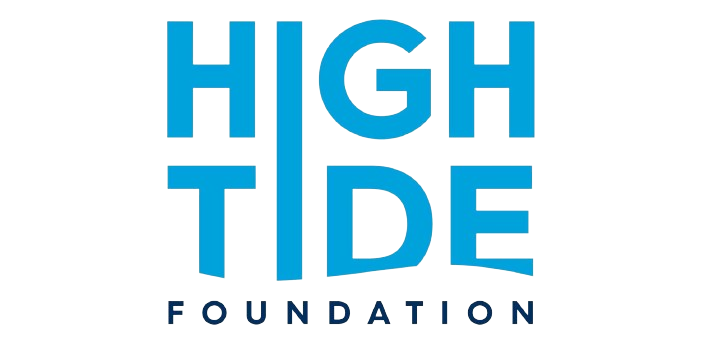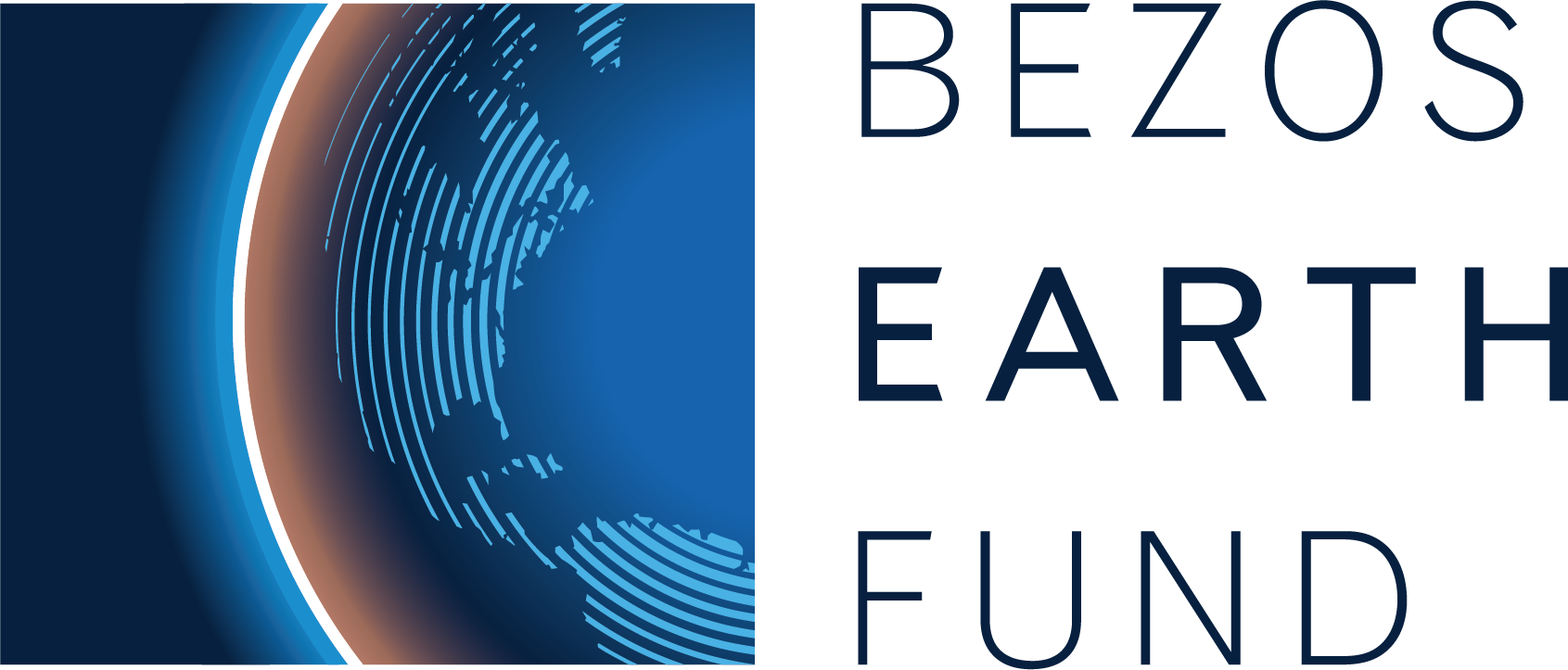Integrity Council for the Voluntary Carbon Market appoints new IPLC leadership
Written by ICVCM
Published

Integrity Council for the Voluntary Carbon Market appoints FSC Indigenous Foundation Managing Director and President of the Association for Indigenous Women and Peoples of Chad to its Governing Board and Distinguished Advisory Group
19 April 2022 – The Integrity Council for the Voluntary Carbon Market (Integrity Council) has appointed FSC Indigenous Foundation Managing Director, Francisco Souza, to its Governing Board, and the President of the Association for Indigenous Women and Peoples of Chad, Hindou Oumarou Ibrahim, to its Distinguished Advisory Group.
The Integrity Council is an independent governance body for the voluntary carbon market. Its purpose is to ensure the voluntary carbon market accelerates a just transition to 1.5ºC. High social and environmental integrity is critical to a well-functioning voluntary carbon market (VCM), and it is therefore vital to integrate the voices and experiences of those living and working in the carbon projects situated in the world’s most important carbon-rich ecosystems into our work.
Souza and Ibrahim are specialists in eco-systems management, environmental conservation, community-business development, sustainable finance, climate justice, Indigenous peoples’ rights, and much more. Their expertise will bring immense value to the Integrity Council’s work to advance its Core Carbon Principles and Assessment Framework; a definitive set of global threshold standards that will set a global benchmark for carbon credit quality.
An economist and member of the Apurinã Indigenous Peoples of the Brazilian Amazon, Souza works to support Indigenous people and Local Community (IPLC) leaders and organizations around the world, including in the 40+ countries where he has personally worked. He has managed and facilitated multi-sectoral efforts toward strengthening Indigenous-based solutions to achieve Indigenous self-development, self-governance, and self-reliance at national, regional, and global levels. He holds a PhD in Environmental Science and a master’s degree in Tropical Conservation.
Souza said: “I will bring my years of experience working with IPLC communities across the world to my new role as an Integrity Council governing board member. A high integrity voluntary carbon market can transform and scale up national, regional, and global efforts to tackle climate change by effectively channelling capital from developed to developing economies who struggle to access climate finance. This makes the VCM a complementary tool for scaling climate ambition and action beyond what is otherwise possible, while rewarding the IPLC on the ground who have safeguarded Mother Earth for centuries.”
Ibrahim is an award-winning environmental activist and member of Chad’s pastoralist Mbororo People. Aged 16 she founded the Association for Indigenous Women and Peoples of Chad (AFPAT) and has since become a member of the Indigenous Peoples of Africa Coordinating Committee, and co-chair of the Facilitative Working Group of the Local Communities and Indigenous Peoples Platform of the UNFCCC.
Chair of the Integrity Council, Annette Nazareth, said: “We are delighted to welcome Francisco and Hindou to the Integrity Council. We have much to learn from the communities living and working around the world’s carbon sinks, and their contributions will help our work to ensure the voluntary carbon market accelerates a just transition to 1.5ºC. The immense diversity of IPLC communities and geographies mean we have approached our recruitment with additional levels of care, and we look forward to welcoming more IPLC voices to our governance soon.”
About the Integrity Council
The Integrity Council for the Voluntary Carbon Market (Integrity Council) is an independent governance body for the voluntary carbon market, which aims to ensure the voluntary carbon market accelerates a just transition to 1.5 degrees centigrade.
The Integrity Council sets and enforces definitive global threshold standards for the voluntary carbon market, drawing on the best science and expertise available, to channel finance towards genuine and additional greenhouse gas reductions and removals that go above and beyond what can otherwise be achieved, and that contribute to climate resilient development.
The Integrity Council’s Governance Structure
The Integrity Council’s governance structure includes a Governing Board, an Expert Panel, a Distinguished Advisory Group, and an Executive Secretariat.
The Integrity Council’s Governing Board, chaired by Annette Nazareth, has deep experience in financial regulation and carbon markets, and a globally diverse membership from Indigenous and local communities, non-profits, philanthropy, the private sector, and research institutions. The Governing Board meet monthly and provide strategic advice to the whole body.
Its Distinguished Advisory Group includes around 30 world-renowned leaders from across the voluntary carbon market value chain who provide strategic insight and advice to the Board.





